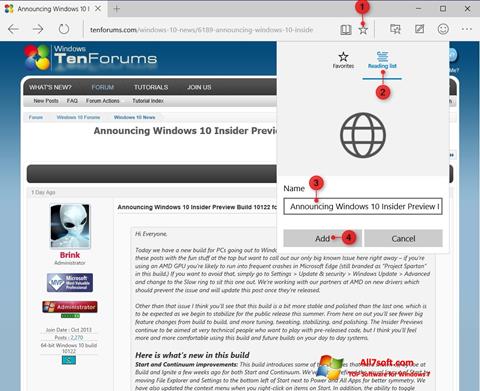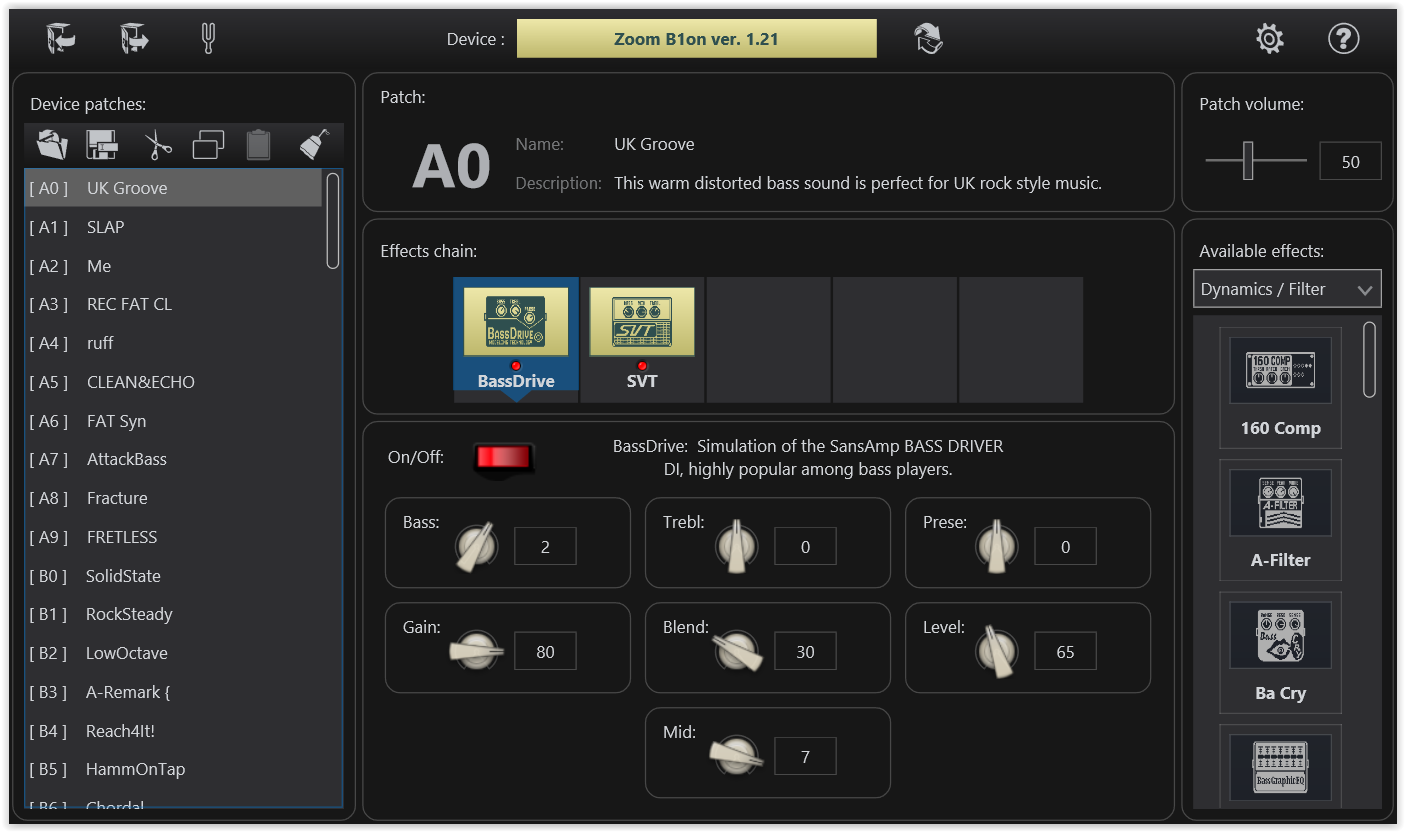

The CGI itself is designed to work with files larger than 2GB in size on any version of Linux and BSD which provide LFS. If you are indexing up towards a million pages or content which feature over a million unique words, then there is a good chance of hitting this limit.

This means that it can not open or access any single file which is larger than 2GB in size. If your web server is running older versions of Linux and BSD, you may find that it does not offer Large File Support (LFS). You can find the 64-bit version of the Zoom Indexer under the Start menu, in Zoom's Program folder. On the other hand there is no real disadvantage in using the 64bit indexer if you have it. Typically you would need to be indexing several hundred thousand pages before you would meet the conditions above. Note that there is no advantage to using the 64-bit Indexer unless one of the above criteria are met. You are indexing an enormous number of web pages or websites, and you require more than 4GB of memory and you have more than 4GB of memory installed on your computer.The normal 32-bit Zoom Indexer will warn you when this happens.


The native 64bit release of Zoom in V6 allows an almost unlimited amount of RAM to be used, if the RAM is physically available in the machine and you are running a 64bit O/S. The 32bit software is limited to using only 2GB of RAM, regardless of how much RAM was actually installed in the machine. So Zoom runs fine in 64bit operating systems.įrom the V6 release of Zoom the indexer will now be available in both native 32bit and 64bit executables. But the operating systems, in general, provided full backward compatibility. The Zoom software itself in V5 was 32bit only. However since V6 you can get higher capacity on a 64bit O/S using the native 64bit version of the indexer (Enterprise edition only). This applies to all editions, including the free edition of the software. Zoom Search Engine FAQ - 64bit support The short summaryįrom the V5 release of Zoom, 64bit operating systems are supported.


 0 kommentar(er)
0 kommentar(er)
